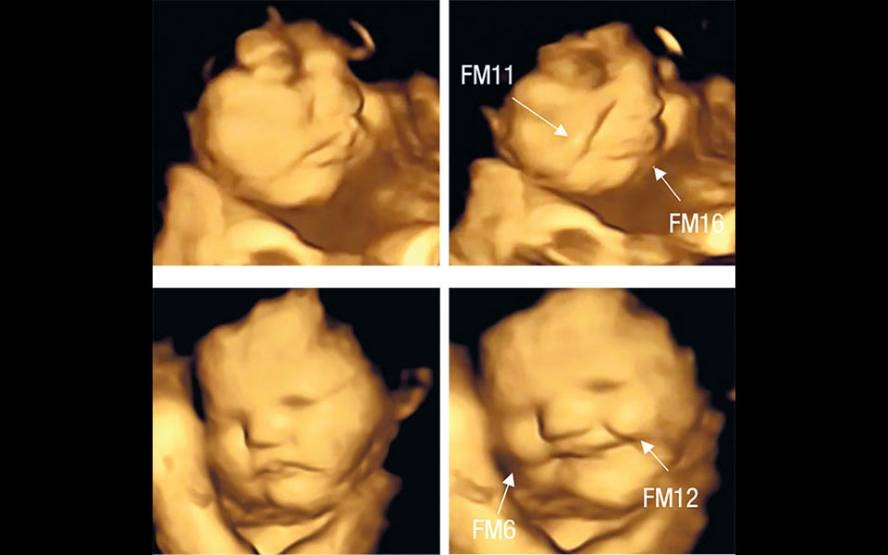The embryos developing in the mother’s belly, who were given carrots for the experiment, seemed to be smiling. While the others, who didn’t like the food Mommy ate, seemed to be crying. The scientific study was conducted by FETAP Study/Fetal and Neonatal Research Lab/Durham University.
Embryos in the womb acted as “tasters”, as it turned out that they not only perceive the taste of food that a pregnant woman eats, but also react to it.
This is the conclusion of a Durham University study documenting positive fetus reactions when their mothers eat carrots, as well as their dysthymia and crying when green vegetables (kale) are ingested*.
Kale (κέιλ) is one of the types of salad greens. It is also known under other names – gryunkol, brownkol, brunkol. This variety of cabbage has no head, and its leaves in the form of openwork lace are green or purple in color. Among all traditional types of cabbage, kale is the most similar to wild varieties of cabbage. It contains many useful components. However, it has a slightly bitter taste.
British university researchers took 3D ultrasound images of 110 pregnant women aged 18 to 40 at 32 and 36 weeks pregnant. The tests were performed approximately 20 minutes after the women took the tablets containing carrot or cabbage powder and were asked not to eat anything else for at least an hour before the test..
By analyzing the images, the researchers saw that the embryos whose mothers ate carrots looked happy. In contrast, the fetal fetuses of women who took kayla tablets seemed to cry, or at least grimaces of displeasure. Comparing the ultrasound scans with data obtained in the control group, in which women did not eat food, the researchers concluded that the intake by a pregnant woman of certain flavored foods was enough to cause a fetal reaction.
The new study has been published in the journal Psychological Science and is the world’s first study of the response of prenatal fetuses to taste and smell. Scientists estimate that the fetus can taste the food consumed by the mother. As Professor Nadia Raisman, who co-ordinated the study, notes, “Previous research has looked at what happens to food choices after childbirth. But the fact that we saw the facial expressions of the fruits reacting to sweet and bitter tastes is something that is achieved for the first time. ”
Dr. Benoît Saal of the Center for Taste and Eating Behavior at the University of Burgundy emphasizes that the study proves that the fetus almost immediately perceives exactly what its mother has eaten and “has its own opinion about it.”







More Stories
5 Traits That Show Your Child Will Succeed When He Grows Up
“Raising” children through pornography